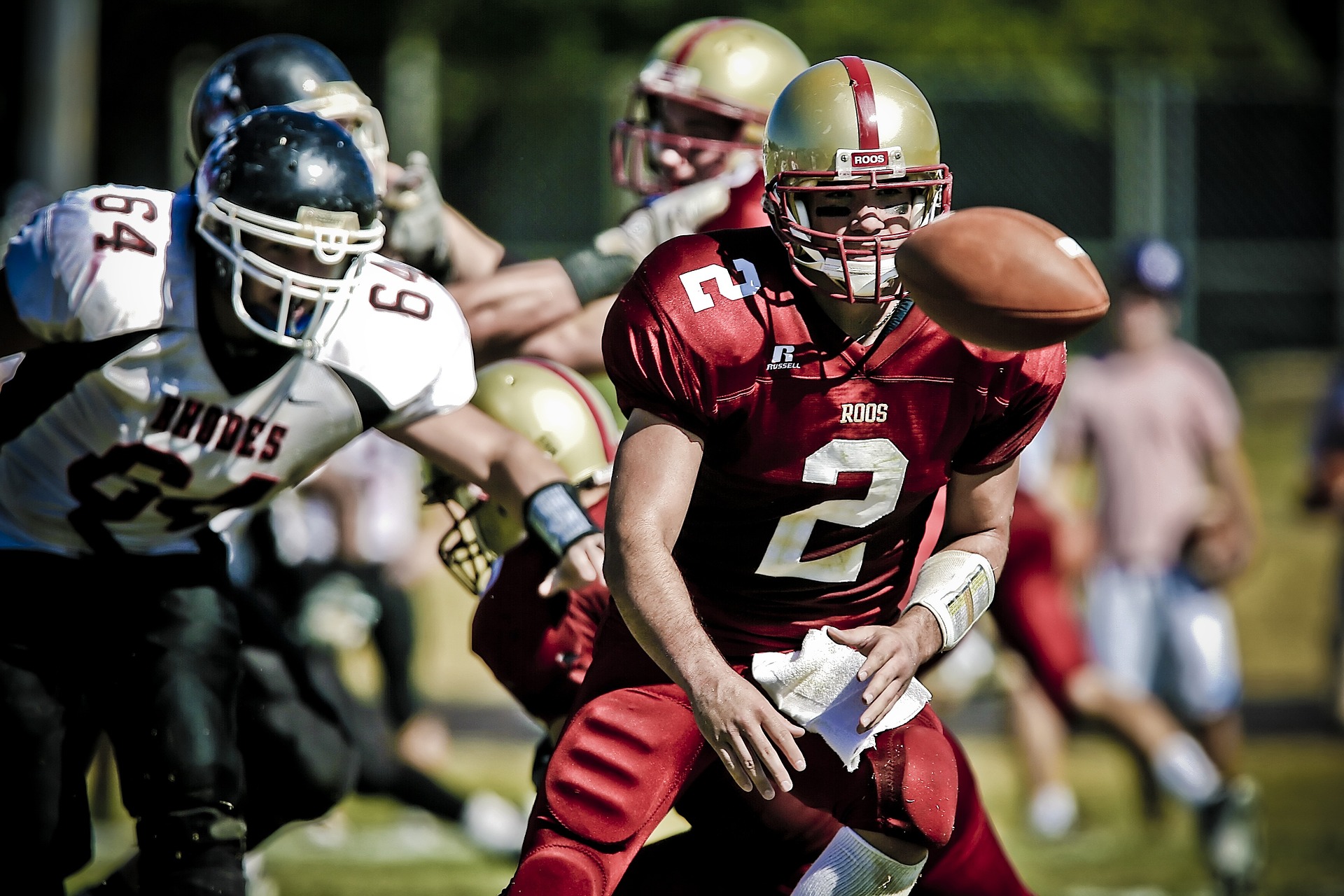Antitrust in the United States
The Sherman Antitrust Act, passed in 1890, makes “contracts in restraint of trade” illegal. President Theodore Roosevelt used the Sherman Act to file dozens of lawsuits against large corporations that he contended were anti-competitive and harmed the US economy. By breaking up large corporations, the government hoped to increase competition to the benefit of the country as a whole.
Antitrust lawsuits have played a big role in US history. From Roosevelt breaking up Standard Oil, to splintering AT&T into the “Baby Bells,” to forcing Microsoft to allow alternative web browsers, antitrust has been a fixture in federal jurisprudence.
Trust-Busting the NCAA
What do antitrust laws have to do with the National Collegiate Athletics Association (NCAA)? After all, the NCAA is just a non-profit association regulating college athletics. And Theodore Roosevelt, the chief trust-buster himself, was instrumental in founding the NCAA. So how do laws intended to break up massive for-profit corporations come into play with respect to amateur athletics? The better question might be, “How did it take so long?”
The NCAA regulates how its member schools can recruit and treat athletes. Benefits available to student-athletes are strictly controlled, and all schools must comply. Schools are limited in the benefits and incentives that they can give to athletes. In other words, membership in the NCAA restrains what its member institutions can do to compete amongst themselves for student-athletes. This is clearly a “restraint on trade.”
On June 21, 2021, the US Supreme Court decided National Collegiate Athletic Association v. Alston, an antitrust challenge to regulations on student-athletes imposed by the NCAA. In Alston, current and former NCAA student-athletes sued the NCAA claiming that its regulations “limit the compensation they may receive in exchange for their athletic services.” After a trial, the district court decided that the NCAA could limit compensation to the full cost of attendance. However, the court found that that the NCAA’s limits caps on “education-related benefits,” such as academic tutoring or paid internships, did violate the Sherman Act and enjoined the NCAA from enforcing those caps.
The NCAA’s Argument
The NCAA did not try to argue that its regulations were not a restraint on trade. Rather the NCAA claimed that its product, amateur college athletics, is only possible because of the NCAA restrictions. Those restrictions are designed to maintain the “revered traditions of amateurism in college sports.” Basically, the NCAA argued that college athletics is a unique product with special characteristics that should make it exempt from antitrust laws.
The Majority Opinion
Justice Gorsuch wrote the majority opinion for the Court, which starts with a fascinating story about an intercollegiate boat race in 1852 between students from Harvard and Yale. As related in the opinion, a railroad executive wanted to encourage rail travel to Lake Winnipesaukee in New Hampshire. He decided to sponsor the boat race and offered the competitors “an all-expenses-paid vacation with lavish prizes along with unlimited alcohol.” Eventually, the proliferation of collegiate sports and the potential for profit culminated, with a little help from Teddy Roosevelt, in the formation of the NCAA.
The history is interesting and worth a read. In the end, the Supreme Court affirmed the district court’s decision. The NCAA’s caps on education-related benefits are no longer enforceable.
What’s Next?
While this opinion has received a lot of publicity, the holding, in the end, is relatively limited. Schools will now be free to compete with each other by offering student-athletes education-related benefits, and schools are sure to be creative in the benefits they offer. Schools with larger budgets and more sports revenue will be able to offer more, which some argue will upset the competitive balance. But schools already compete on athletic facilities, and the richer schools already enjoy a large advantage. These schools constantly add new facilities and amenities for their student-athletes.
However, while the holding of this case might be relatively narrow, the NCAA has reason to be very concerned over the concurrence written by Justice Kavanaugh. He hinted that what might happen in future cases:
“To be sure, the NCAA and its member colleges maintain important traditions that have become part of the fabric of America-game days in Tuscaloosa and South Bend; the packed gyms in Storrs and Durham; the women’s and men’s lacrosse championships on Memorial Day weekend; track and field meets in Eugene; the spring softball and baseball World Series in Oklahoma City and Omaha; the list goes on. But those traditions alone cannot justify the NCAA’s decision to build a massive money-raising enterprise on the backs of student-athletes who are not fairly compensated. Nowhere else in America can businesses get away with agreeing not to pay their workers a fair market rate on the theory that their product is defined by not paying their workers a fair market rate. And under ordinary principles of antitrust law, it is not evident why college sports should be any different. The NCAA is not above the law.”
This quote is sure to cause some sleepless nights if you’re an NCAA official.
Revolution Law Group is located in Greensboro, NC serving individuals and small businesses throughout the Triad and surrounding areas. To contact us please visit Revolution.law or call 336-333-7907.
The information included here is for informational purposes only, is not exhaustive of all considerations when creating documents, is not intended to be legal advice, and should not be relied upon for that purpose. We strongly recommend you consult with an attorney and do not attempt to create your own documents.

